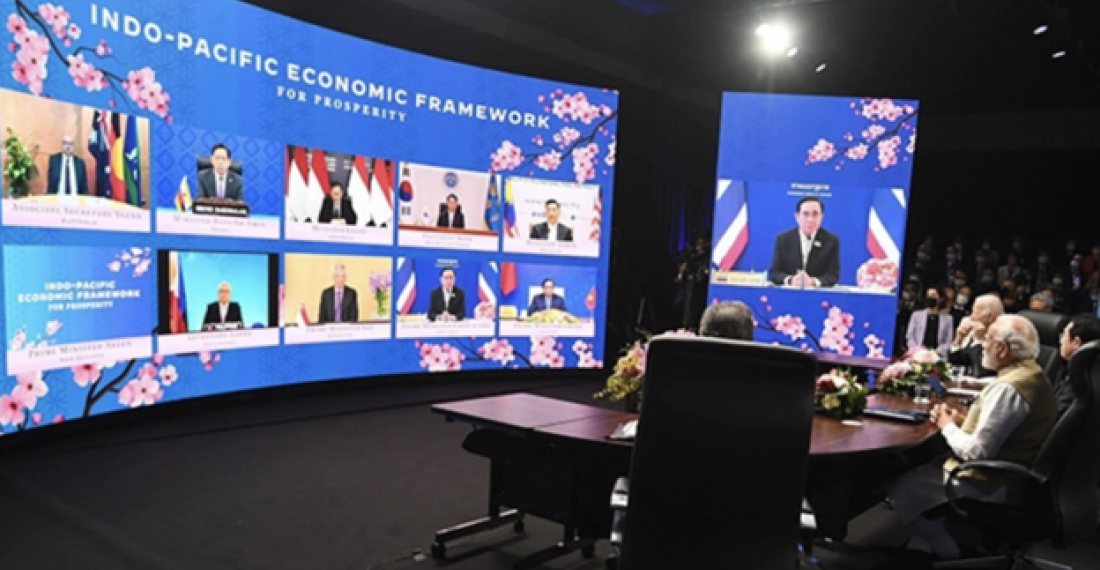The competition between superpowers in the Pacific is heating up as the United States and its allies rush to counter China’s attempts to expand its influence in Oceania. China on Monday (30 May) convened a gathering group of eight Pacific nations but was unable to reach a landmark agreement on security matters.
Last month, China signed a deal with the Solomon Islands to allow Chinese military ships and personnel to dock on the islands. Last week, The Financial Times reported that Beijing has been in talks with Kiribati to reach a similar accord. On Monday, 30 May, in a virtual meeting led by Wang Yi, the Chinese Foreign Minister, Beijing proposed a China-Pacific Islands Countries Common Development Vision that includes cooperation on themes such as trade, disaster relief, aid, agriculture, climate change, as well as security. The latter became a sticking point as coordination on political and military matters, such as co-ordinating positions in the UN, did not prove as popular. The Prime Minister of Fiji, Frank Bainimarama, said that “the Pacific needs genuine partners, not superpowers that are super-focused on power.”
Bainimarama himself has been the subject of a campaign of influence by Western powers as newly-appointed Australian Foreign Minister, Penny Wong, rushed to the island nation last Thursday (26 May) and the US announced that Fiji would join the Indo-Pacific Economic Framework (IPEF) the next day (27 May). Fiji became the 14th member – and the first Pacific country – to join the IPEF, an economic initiative launched on 23 May that encompasses 40% of global GDP and intends to claw back US influence from China in the Indo-Pacific. Washington has been concerned that China’s security agreements undermine US power in the South Pacific, an area that has been the sole domain of the United States and its partners since the end of the Second World War.
Beijing’s failure to reach an agreement on security matters at the meeting will encourage Western leaders. While a setback, the Chinese embassy in Fiji has already announced that it will present its plans for the region in a “position paper”. Wang reportedly said, “don’t be too anxious and don’t be too nervous, because the common development and prosperity of China and all the other developing countries would only mean great harmony, greater justice and greater progress of the whole world.”






